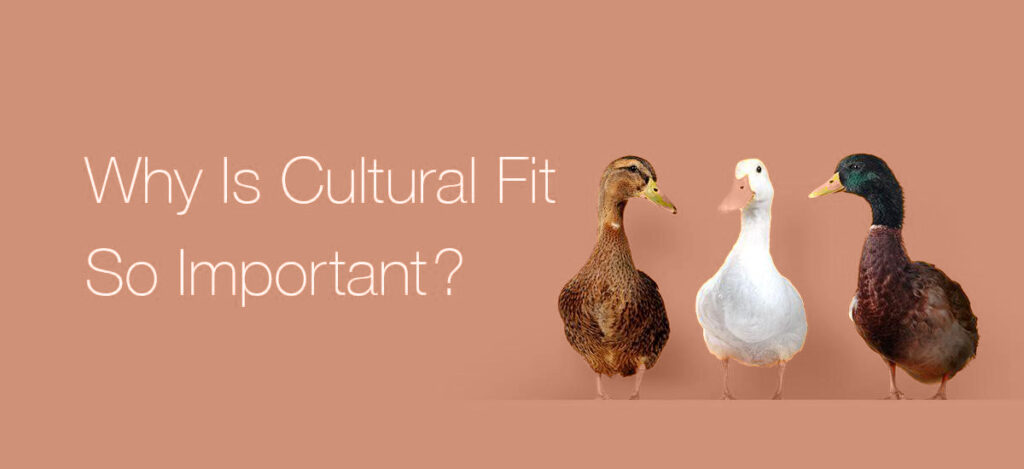The benefits of a good cultural fit are not only to the organisation, but to the employee, their family and friends. This makes the initial cost of getting the match right worthwhile. Company cultures vary widely. If you are not successful in securing a role due to cultural fit, the organisation might be doing you a favour. If you aren’t a cultural fit for an organisation, even if you are the most talented person, it is likely you will be leaving the organisation sooner than you would prefer. So whether you prefer a relaxed vibe or trendy atmosphere, make sure you get it right.



